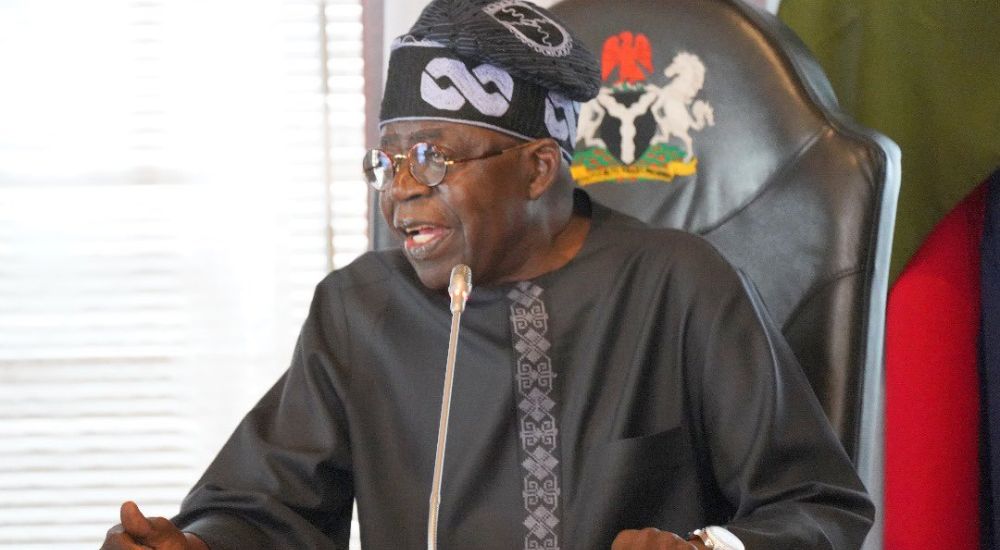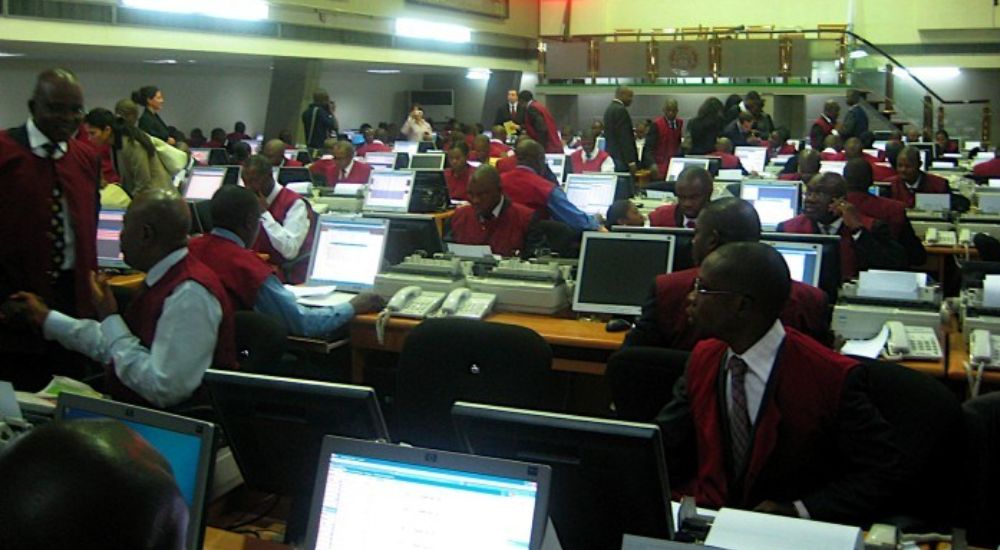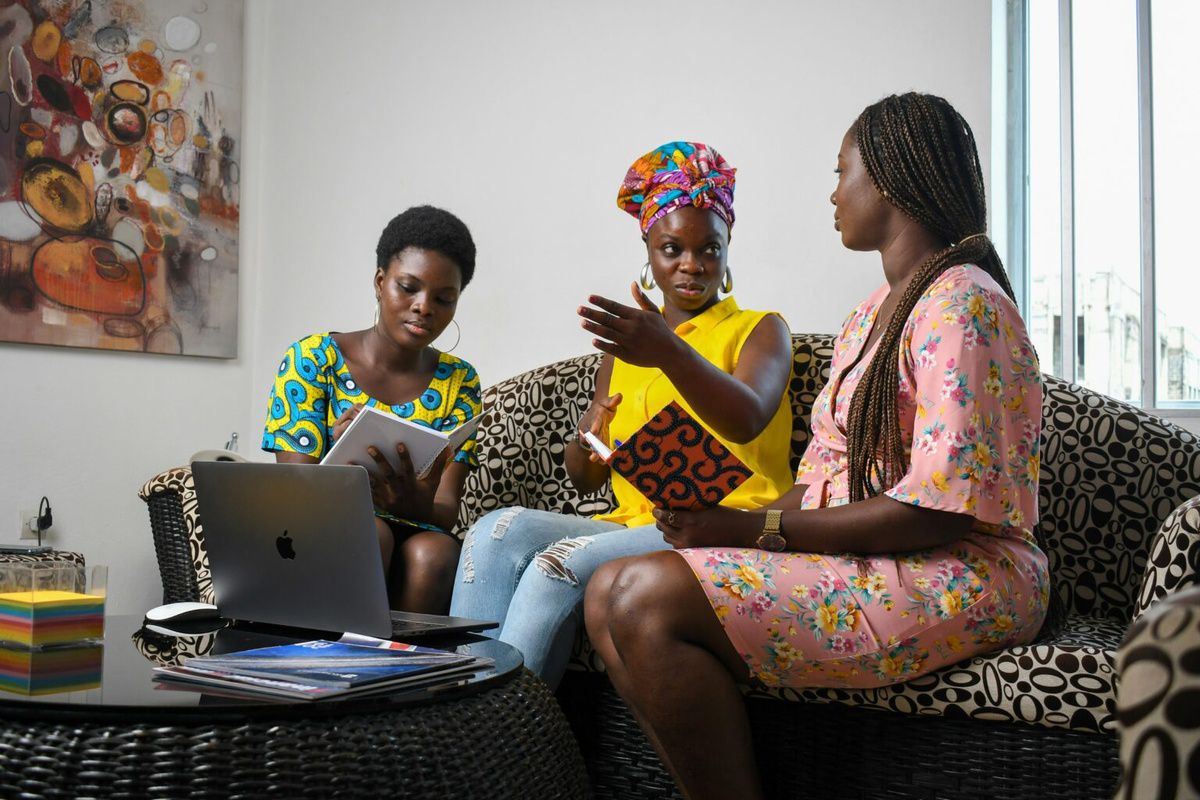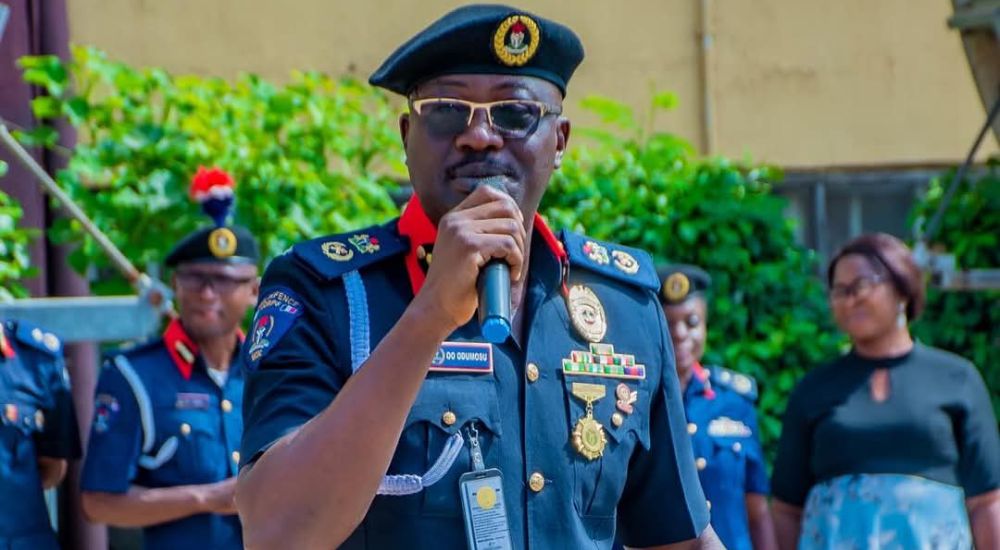UNN Alumnus Proposes Radical Model To Change Varsity Education In Nigeria

Austine Akaeze, a seasoned academic and property consultant, revisited his alma mater two decades after graduation, and what he saw left him with a sense of dismay. The University of Nigeria, Nsukka, where he earned his Mass Communication degree, seems to have stagnated, with dilapidated buildings and a lack of notable development. Akaeze, a lecturer at the Dennis Osadebay University, Asaba, Delta State, pursuing a PhD in his Alma mater, shared his disappointing experience and reflections with THE WHISTLER.
After your degree, twenty years back, have you visited your alma mater or is this your first visit?
After my degree in 2005, I returned again in 2009 for my master’s and left in 2012. I returned for my PhD in 2024. I registered in November.
What were the surprising things you noticed after your return?
Nothing surprising. The impression was not encouraging. If I look at the Faculty of Arts, which is my primary home, it’s still the same way we left it. Nothing changed. In the Mass Communications Department, for instance, the final year class, the third year class… they are all the same way we left it.
Then, the Postgraduate area has been turned into a computer lab that is just a mounted exhibition. Nobody uses it. So, we, the postgraduate students, most times have our lectures in the lecturer’s office or in the library. The library is dirty, unkempt, unarranged, and there are three staff working there. I keep wondering what they do.
You take lectures in lecturer’s offices and libraries? How comfortable is it?
You can imagine the comfort you have when taking a lecture in a lecturer’s office. Is that a lecture? It’s no longer a lecture. It’s not even an interaction. I think it’s just a normal chat because it’s absurd for students to receive lectures in a lecturer’s office unless maybe the lecturer is your supervisor.
How many are you people in the class?
Maybe around 20. The number varies; sometimes you see 8, 12, sometimes you see only 3 people. Sometimes you see people you have never seen before.
Were there no changes, 20 years after your degree?
The only change I noticed was in the office of the Head of Department (HOD) Mass Communication, Prof. Ukonu – the projector that was installed there and in the classes.
Recently, the department published the Record Newspaper, which they had stopped publishing for years. They are planning to launch an online version of the newspaper. There was also a recent ‘Jackson Lecture’ organized by the department. Maybe there is hope, but for now, I saw nothing to give me hope. Maybe they are waiting for us.
Who are the “us”?
Maybe they are waiting for the alumni; the old students. We really have a lot to do for the school.
This problem is not only peculiar to UNN. The university in Nigeria is a problem unto itself. The university is supposed to be the soul of society, the conscience where we produce humans for development and generate ideas, but what do we have now?
Let me take you back a little. Osita Chidoka, the former minister of aviation, conducted a study in collaboration with other persons on the state of African universities. In other countries, they visited, expenditure/income of the universities was displayed on their websites. How much they got from hostel, school fees, government subvention, but in Nigeria, no single university displayed theirs.
Nobody knows how much is coming in or going out. Everything is shrouded in secrecy; a university that is supposed to be open.
You mentioned how bad the hostels in the school were. Could you explain more?
To use the word “inhabitable” is to say the least. Those hostels are disasters waiting to happen.
Franco Hall, where I spent four years during my degree days, Eni Njoku and Alvan Ikoku Hall should all be pulled down immediately before they collapse on students.
Also, we have Nkrumah Hall, that used to be a PG Hall. It has been converted to a girls’ hostel. It underwent some renovations. I think it is still habitable.
There is Mbanefo Hall which used to be a male hostel; it has been rehabilitated to a female hostel. It is still manageable. PG students stay now in Peter Odili Hall just before Kwame Nkrumah.
Then let’s go up school; where we used to call White House, Akpabio and Akintola Halls should be pulled down immediately. They are no longer habitable.
The management of public universities usually complains of lack of funds to embark on projects. What can you say about it?
Only internally generated revenue can run a university. I don’t think funding is our problem. Our problem is the implementation of good policies that will drive us forward. The forefront of it is management. Everybody is looking for what they will get, and nobody cares about the university.
What do you think should be done in our universities? Where can we start from?
Education in Nigeria is in a chaotic state. It’s a serious problem. The country should redesign our educational approach. Our education is not designed for development. It’s designed to memorize facts that add nothing to the student and get a worthless certificate that cannot contribute to the new age. We are in the information technology age. The world is driven by technology.
Our education should become more creative, more technical, and less classroom-based. Classroom lectures can happen anywhere now. Class is digital now.
Let’s go to what UNN needs. The school needs functional classrooms that fit into the spirit of the new age, not obsolete ones. Halls of residence for students should be rebuilt and improved upon. The laboratories and library should also be upgraded.
The lecturers’ pay should be increased. We are poorly paid considering the volume of work; you teach undergraduate, postgraduate, diplomas, PGDs, you supervise, you mark. The morale of lecturers is low. I have a passion for the job, but my salary can’t take me for a week. I have to go into real estate to survive. If I depend on my salary, I will commit suicide. It’s abnormal for an academic to be running around looking for survival while doing a job that could have earned him a living.
These three issues should not only be taken care of in UNN but across all universities. If the Nigerian educational system can pull this together and then we talk about a new model for Nigerian education.
What New Model are you proposing?
I’m working on a model that will transform the quality of education in the country. I’m looking at a model where there’s one semester of classroom work and the next semester on the field, doing practical work.
For instance, why should a university with departments of Architecture, Civil Engineering, and Building Technology bring in contractors to do a building job in the university? When we have professors in those fields and students who could have used such an opportunity to gain practical experience.
A university should have a farm that can feed the university. A faculty of Agriculture with no tractor, no cassava farm, no corn farm… What are you “agriculturing”?
We should channel our efforts into practical things. A university demonstration farm, bakery, table water production… We can do all these to help ourselves and keep the students busy.
This proposed model should also be adopted in our primary and secondary schools. Mondays to Wednesdays for classroom work and Thursdays and Fridays for practical/technical work. Students will be distributed according to their areas of interest and competence.
Workshops like electrical, mechanical, furniture, welding, engineering, and so on, should be created. Education is simply discovering and nurturing a child’s natural ability. Here, we are forcing children into things that are not compatible with them.
If you come to universities today, you’ll cry when you see the culture of students; their disposition and all. You’ll wonder if it’s the same university you attended years ago.
During my days, I remember as an undergraduate, it was from hostel to class, from class to the library. That was my movement. A student in their final year now doesn’t have a notebook. All they have is a phone, data, and earpiece.
A student of Mass Communication in their final year can’t even define Mass Communication convincingly. It’s only a few of them that know what they’re there for. The new model I am proposing will help solve all these issues.
UNN Alumnus Proposes Radical Model To Change Varsity Education In Nigeria is first published on The Whistler Newspaper





